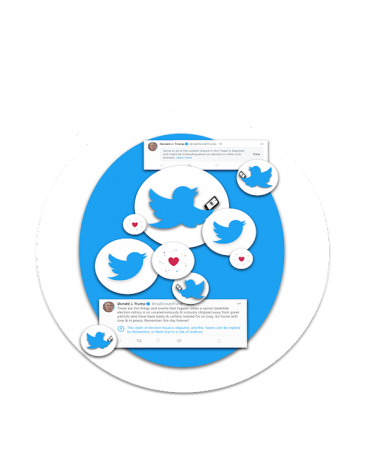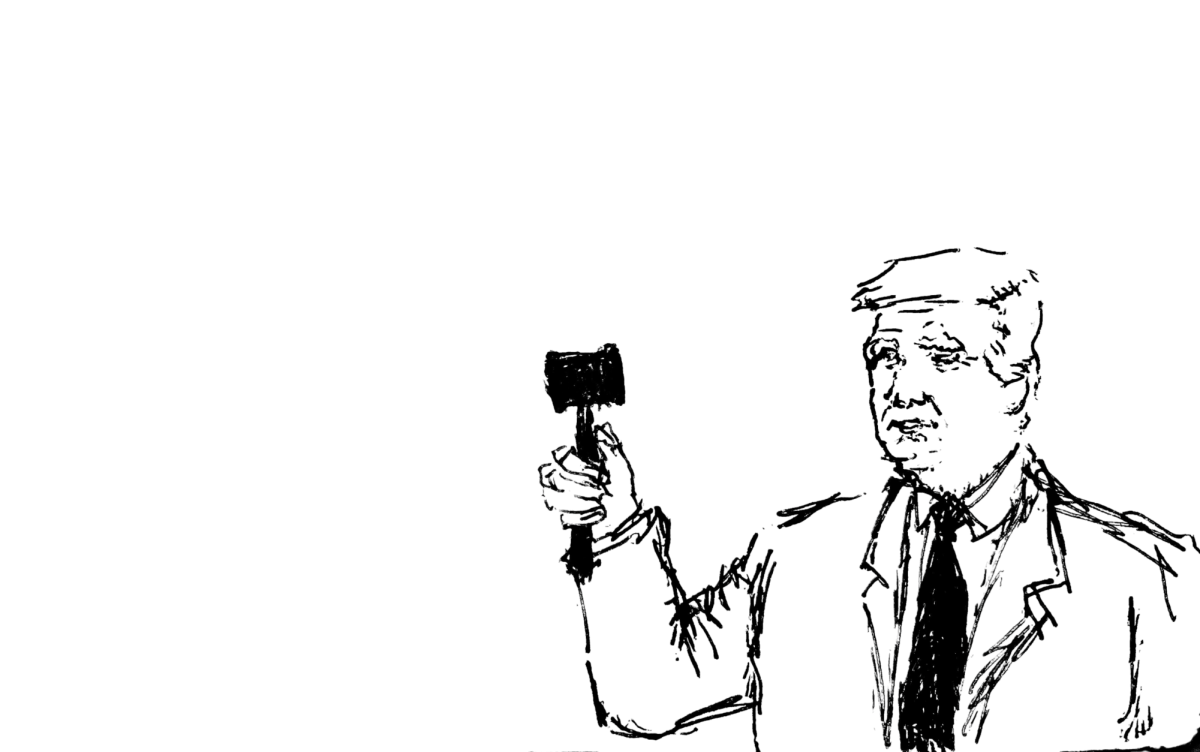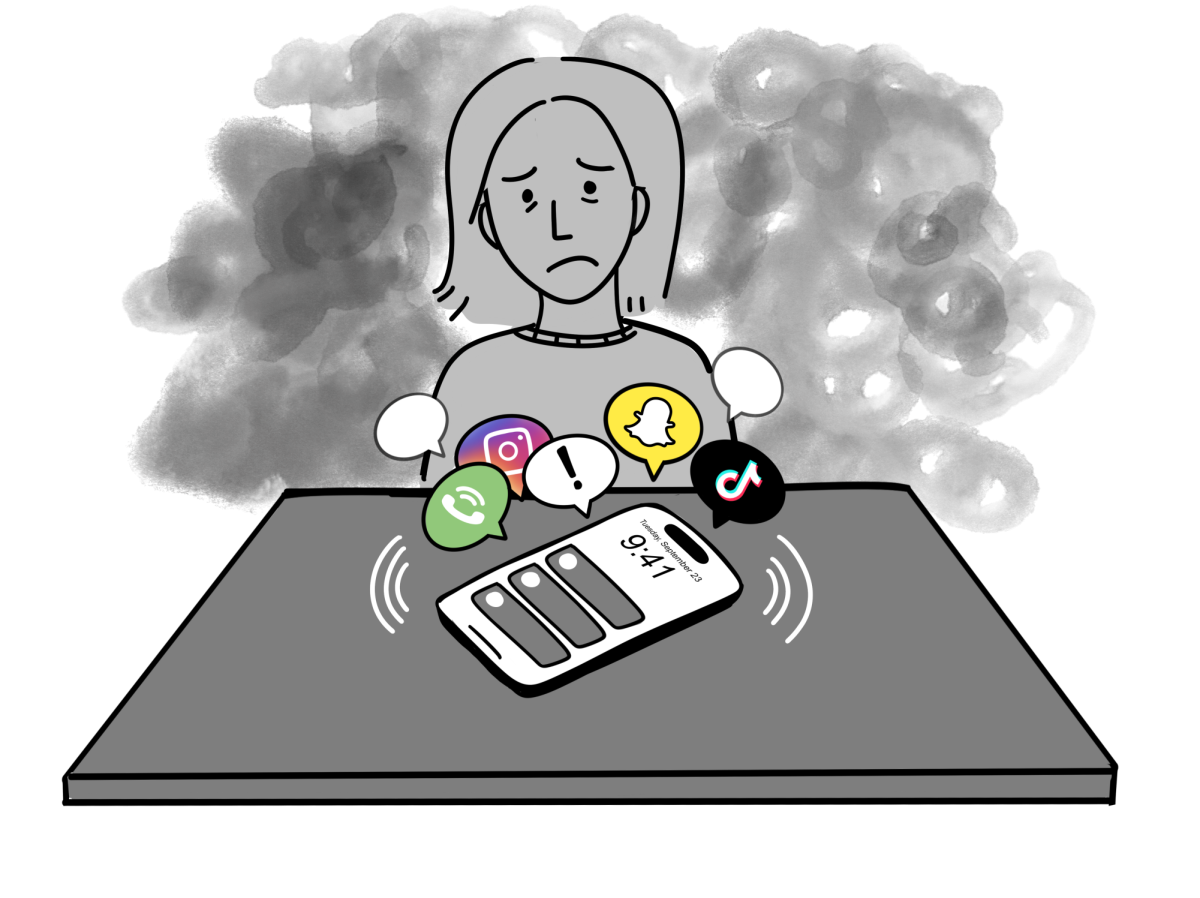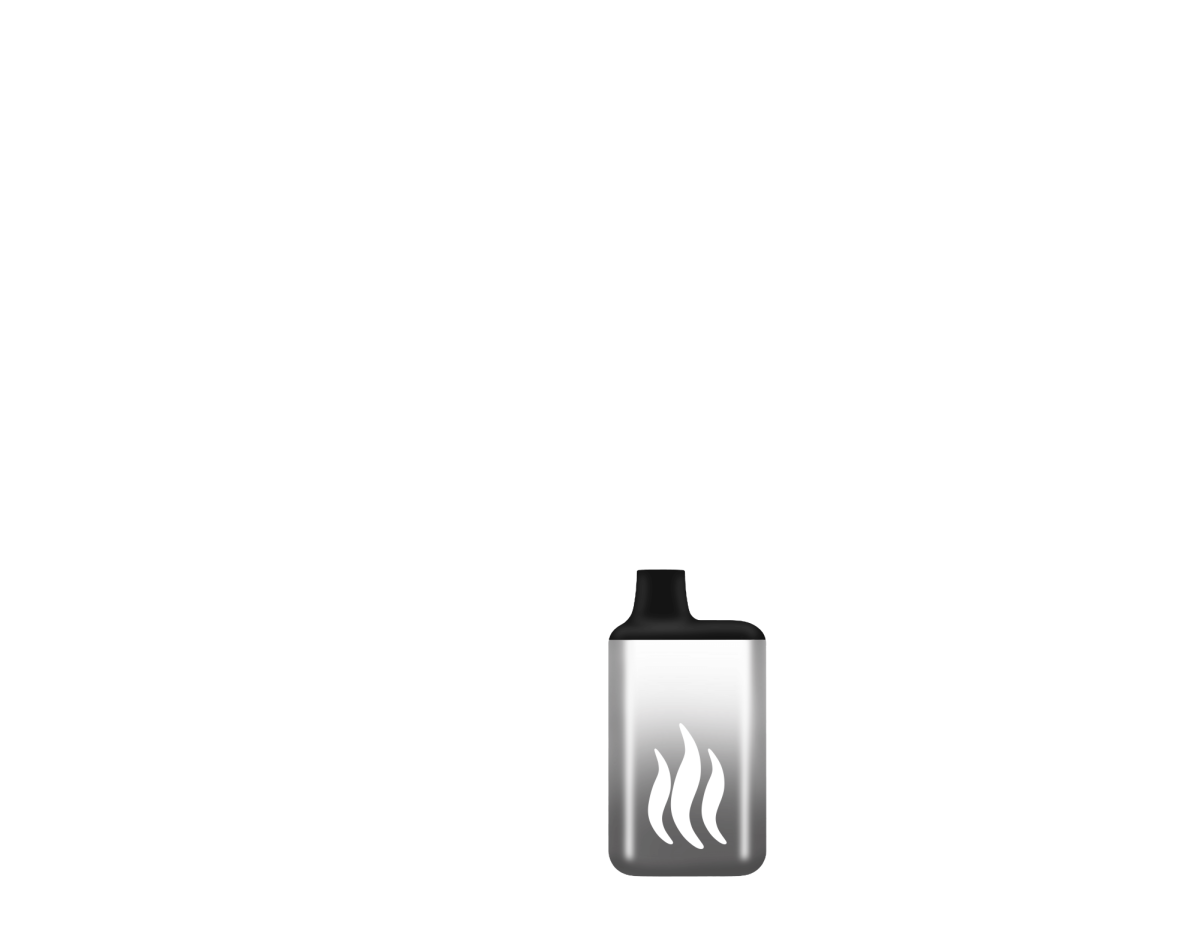
In recent days, the country has witnessed the effect that the power of free speech truly has on society. Ever since President Donald Trump released conspiracy theories and incited violence on social media—which instigated an attack on our nation’s capital—society started to have concerns as to how far we should take freedom of speech on social media. These days especially, social media is filled with violent posts and conspiracy theories, many of which have the potential to increase political violence. Through social media freedom of speech extends to the point at which public safety is not at risk and the public gets accurate information.
In general, the place where freedom of speech is most debated is social media. Social media is very unregulated and as we have seen on January 6, it can have devastating effects. In fact, founders and investors of various social media platforms tried to pretend that free speech would not create violence. They also argued that unregulated posts could damage and take away millions of lives. The issue with free speech on social media is that we need to hear and read ideas in order to know if they are considered conspiracy theories or if they incite violence. For this reason, even if there was a policy that said you cannot post anything on social media that would incite violence, millions of people may have already seen a post before it gets taken down. However, based on what the country has witnessed in the past, making a policy against posting conspiracy theories is a must no matter what.
During the month of January, we witnessed a catastrophic event at our nation’s Capitol. An angry mob of pro-Trump terrorists attempted to stop the election certification through an insurrection thanks to Trump. Trump used conspiracy theories to instigate the violent attack on the Capitol through social media. While many people pushed Twitter to ban Trump for this reason, it is rather difficult to control conspiracy theories on social media because many believe it inhibits their rights as Americans if they cannot say what they want. Nevertheless, banning Trump from Twitter had to be done in order to maintain public safety and prevent Trump from inciting violence any further. In addition, considering how many conspiracy theories Trump put out on social media, banning him was a fantastic method at temporarily halting the colossal flow of conspiracy theories on social media.
You might be wondering, how does this pertain to students? Well, think about how many times students post on social media. Especially these days, social media posts made by students surround student opinions. Although, just like everyone else in the US, students should not be able to post whatever they want on social media. Specifically, students should not be able to post conspiracy theories, incite violence, or imply that they will cause violence through social media. Within the past four years, we have seen an uprising of violent social media posts made by students intended to attack an individual or an entire school. This is another huge public safety issue because it can be strongly connected to school shootings.
Freedom of speech is one of the more debated human rights, and it is the right that causes the most violence, harm to schools, and political unrest today. The government should continue to allow freedom of speech, but to the point at which the public is not at risk and does not obtain false information. As we have witnessed in the past and will continue to witness in the future, peaceful discussion gets much farther than violent debate and terrorism. If we relied on brutal debate and terrorism in the past, the world we live in would be a drastically different place than it is today.





